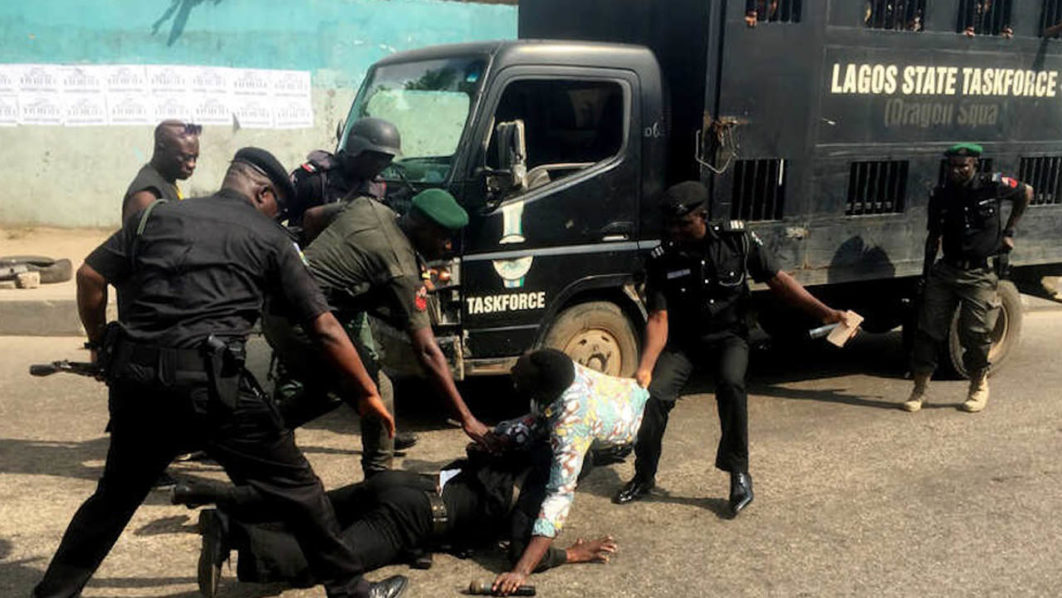Today, May 3, is World Press Freedom Day, a day to celebrate the fundamental principles of press freedom, assess the state of press freedom around the world, and defend the media from attacks on their independence.
In Nigeria, however, press freedom is still under threat, and journalists face a myriad of challenges in carrying out their work. One of the most pressing issues facing journalists in Nigeria is the harassment and intimidation they face from government authorities.
Countless cases
In August 2019, journalist Agba Jalingo was arrested by the Nigerian Police on and charged with treason for his reporting on the Cross River state government. Despite national and international outcry, Jalingo was held in detention for over six months before being released on bail in February 2020.
Jalingo’s case is just one instance in which journalists in Nigeria are being targeted for their reporting.
Data from the Press Attack Tracker of the Center for Journalism, Innovation and Development shows that 179 attacks against journalists were recorded between 2019 and 2022. This included 54 arrests, 17 threats, 69 physical attacks, six equipment damages, 16 cases of harassment and one missing journalist.
Also, the Committee to Protect Journalists listed Nigeria as one of the most dangerous countries in the world for journalists. Since 1999, at least 24 journalists have been murdered in the country, and many others have been threatened, harassed, or imprisoned. In addition to facing physical danger, journalists in Nigeria also struggle with government officials who see them as foes.
Despite these challenges, journalists in Nigeria continue to do vital work in exposing corruption, human rights abuses, and other important issues. The role of the media in holding those in power accountable is crucial to the functioning of a healthy democracy, and it is essential that journalists have a con without fear of retaliation.
So, what can be done to improve the state of press freedom in Nigeria?
Firstly, there is a need to decriminalise libel in Nigeria. The Nigeria police has made itself an available tool for the harassment of journalists, and they rely on the fact that ‘criminal defamation’ exists to help further their biased aim.
Additionally, there needs to be greater access to information in Nigeria. There is a need to strengthen the FOI law and include punitive measures for defaulters. The government should work to ensure that information is available to the public in a timely and transparent manner.
Finally, the media itself has a role to play in promoting press freedom. Journalists and media organisations must work together to establish and uphold ethical standards in reporting, and to foster a culture of transparency and accountability.
Today, May 3, is World Press Freedom Day, celebrating principles of press freedom and assessing its global state. In Nigeria, press freedom remains under threat with journalists facing harassment from government authorities. Notable cases include the arrest of Agba Jalingo in 2019 for reporting on the Cross River state government, highlighting the widespread issue.
Data from the Center for Journalism, Innovation and Development shows 179 attacks on journalists between 2019 and 2022, including arrests, threats, physical attacks, equipment damage, harassment, and one missing journalist. The Committee to Protect Journalists ranks Nigeria as one of the most dangerous countries for journalists, with at least 24 journalists murdered since 1999.
Despite these challenges, Nigerian journalists continue exposing corruption and human rights abuses, essential for a healthy democracy. To improve press freedom, Nigeria needs to decriminalize libel, ensure access to information, and strengthen the FOI law with punitive measures for non-compliance. Media organizations should also promote ethical standards in reporting to foster transparency and accountability.






